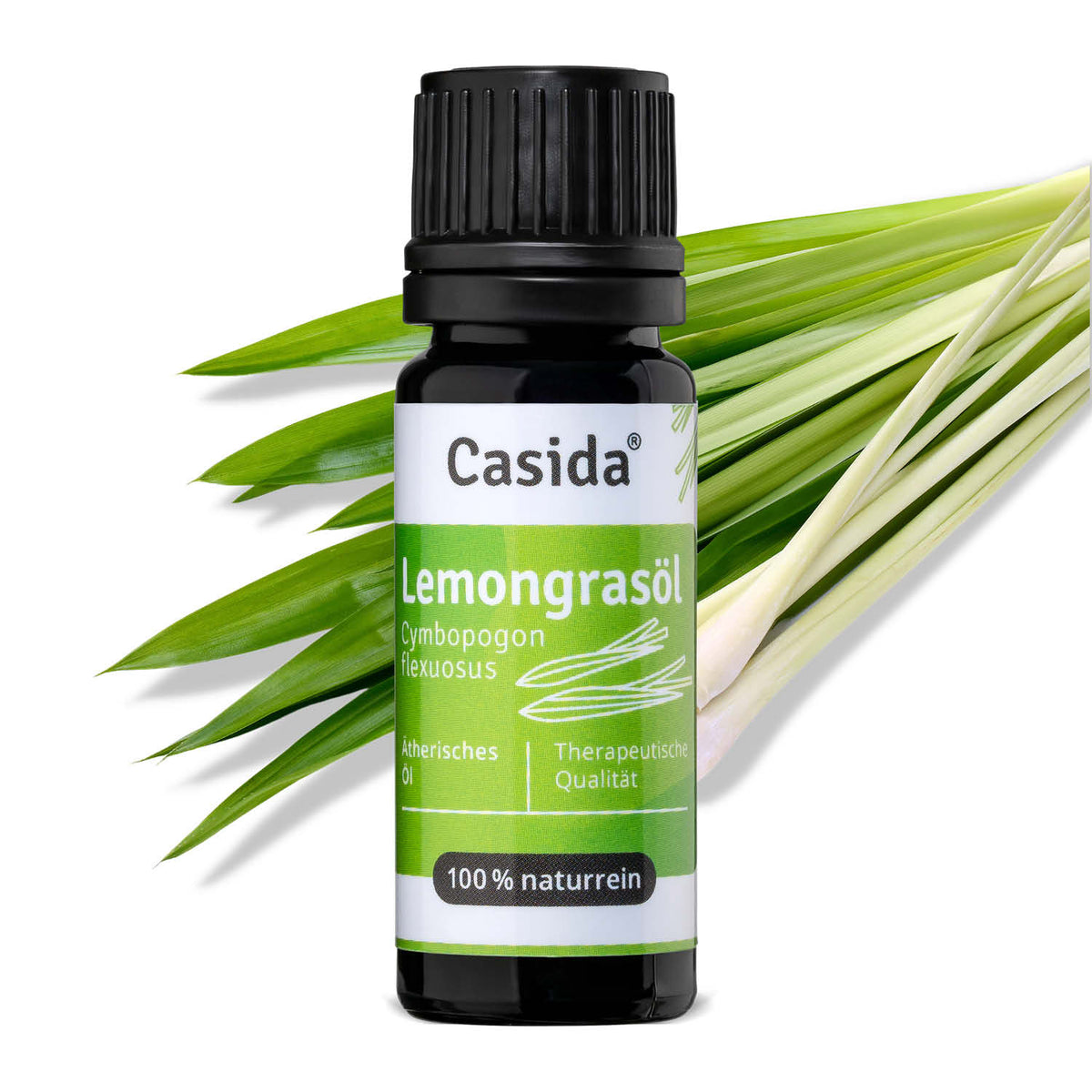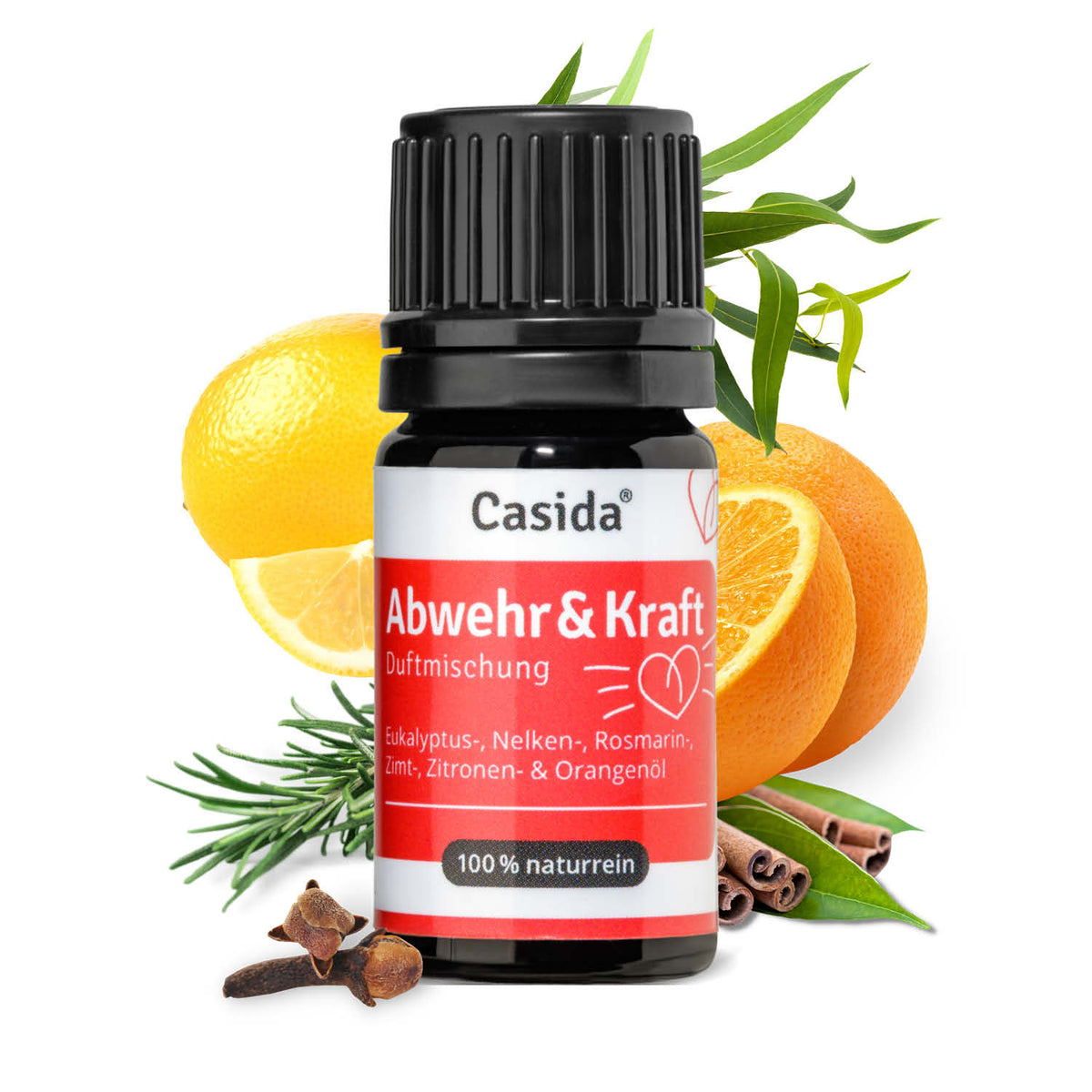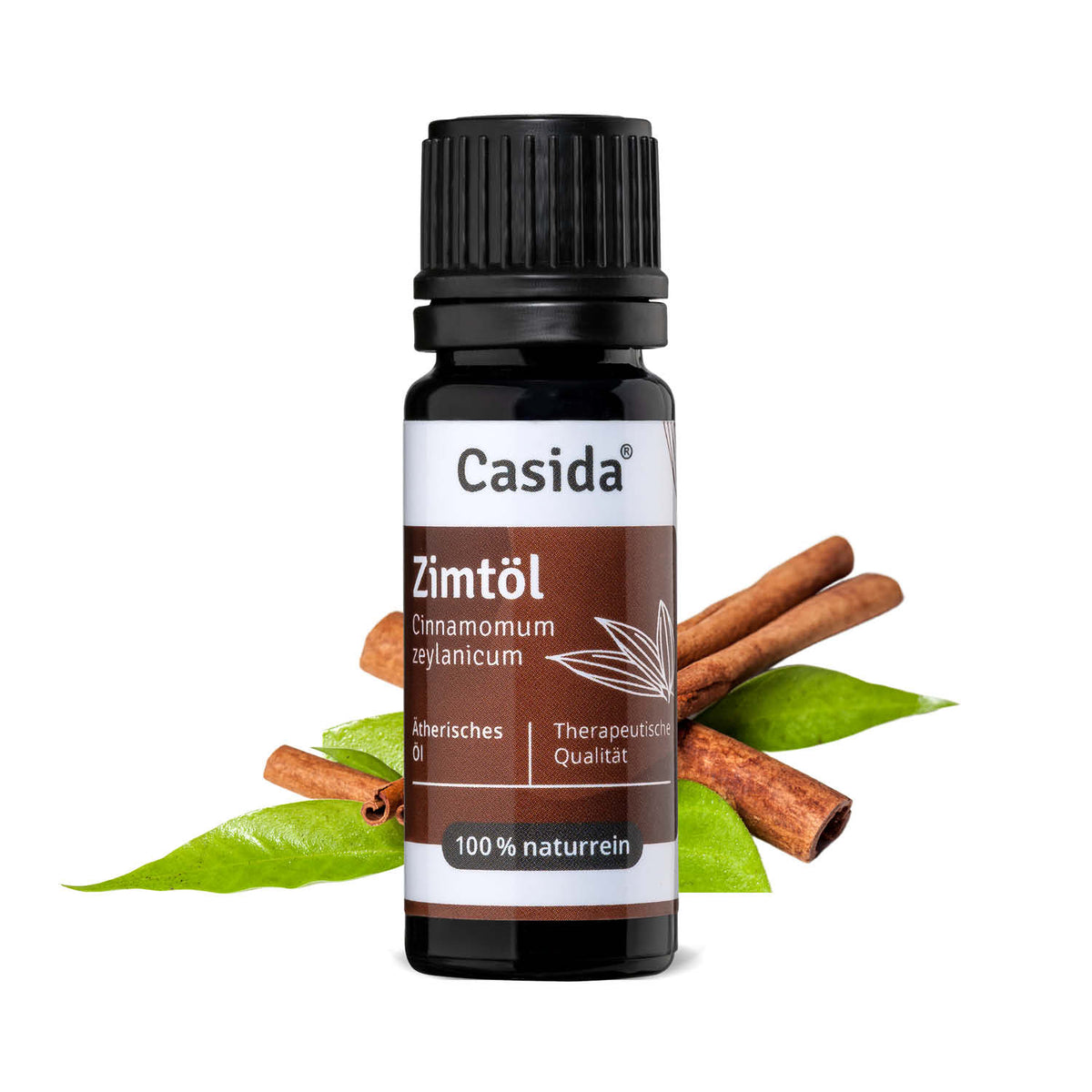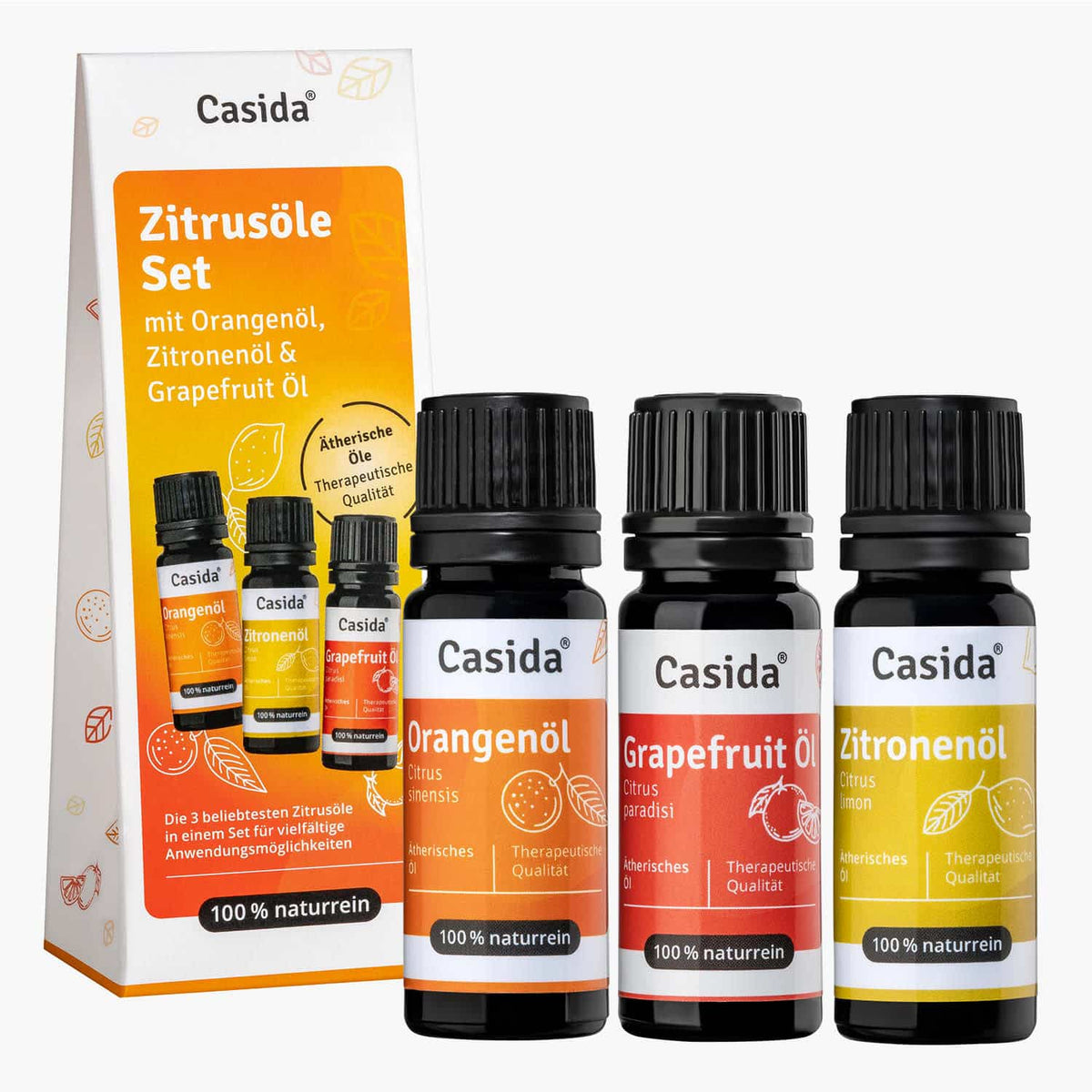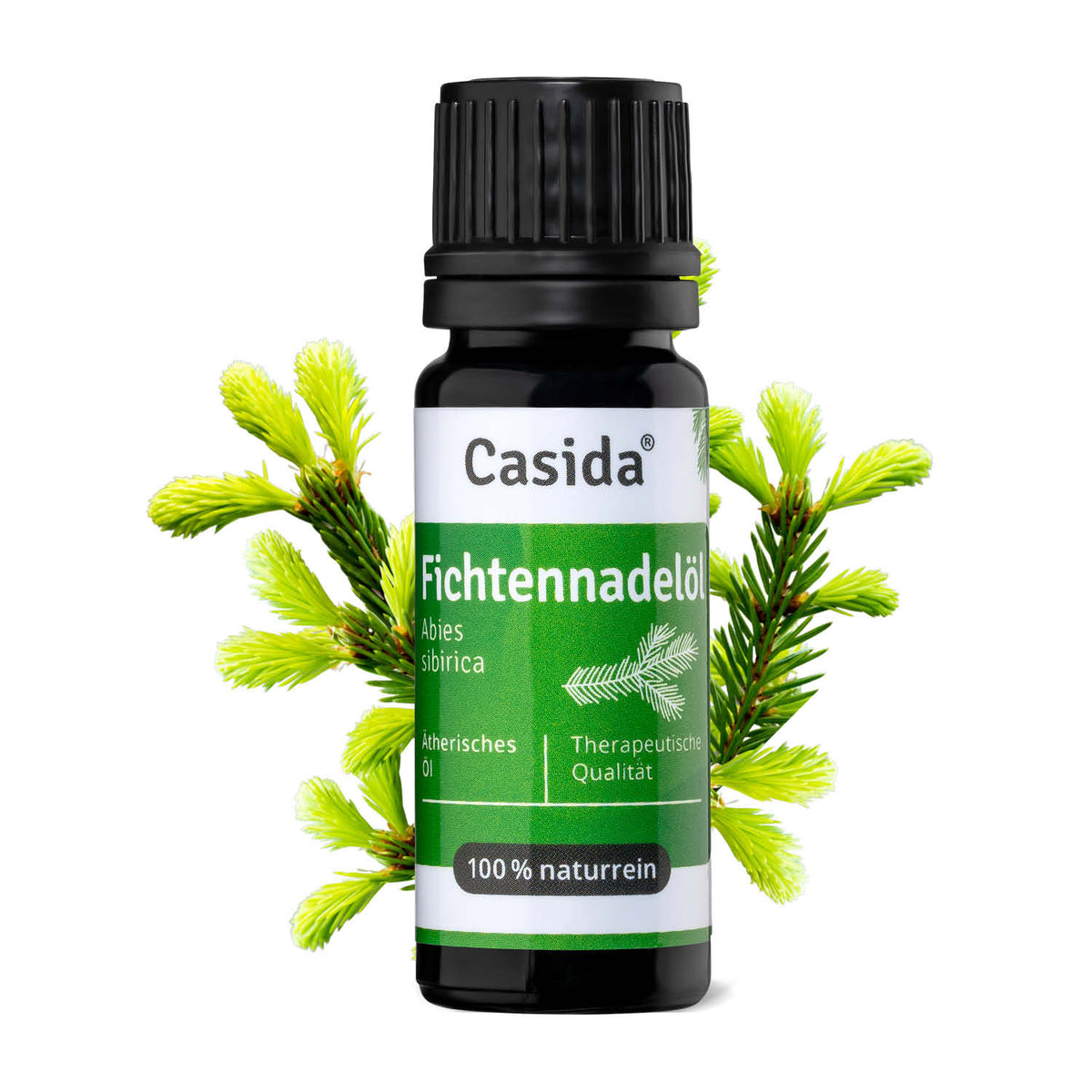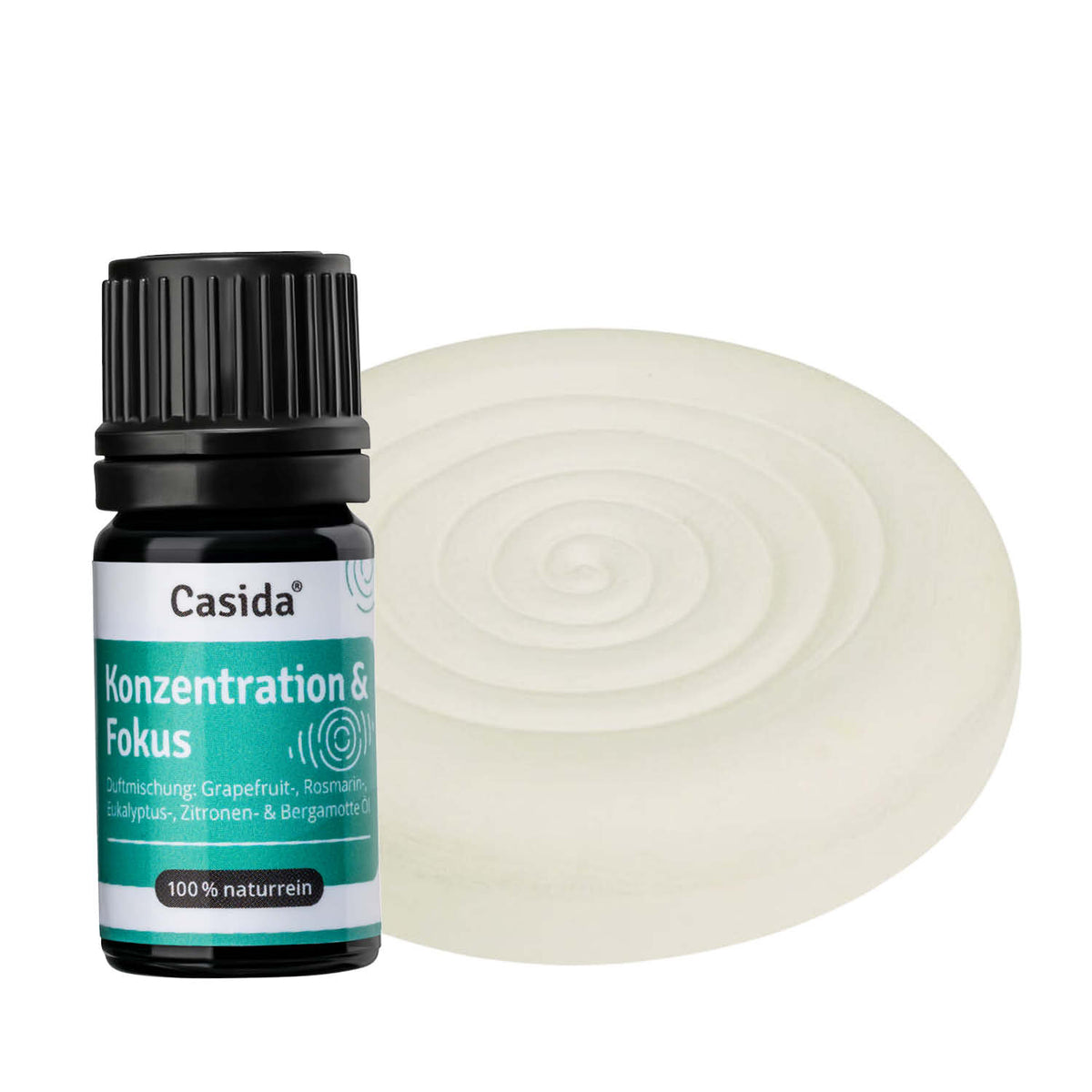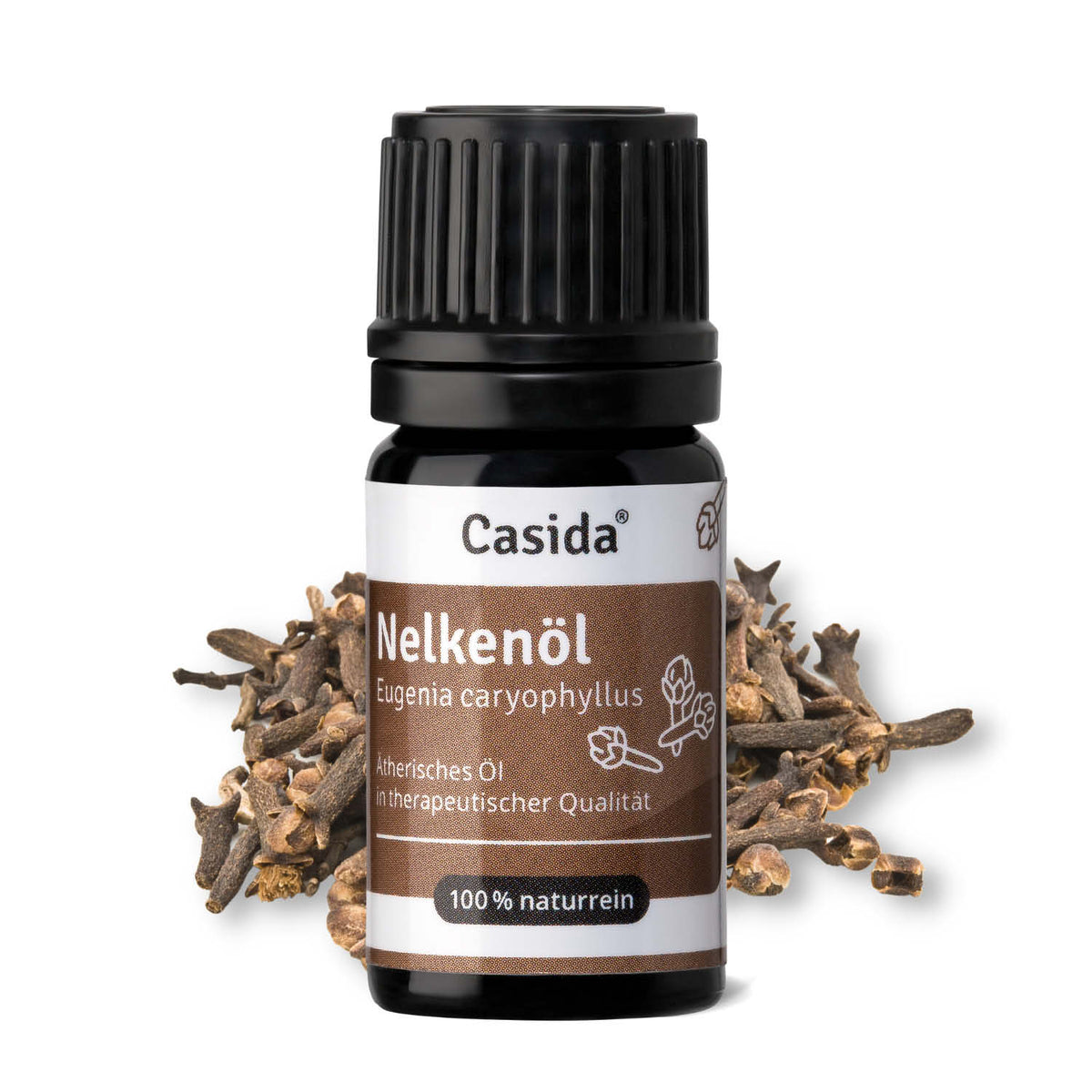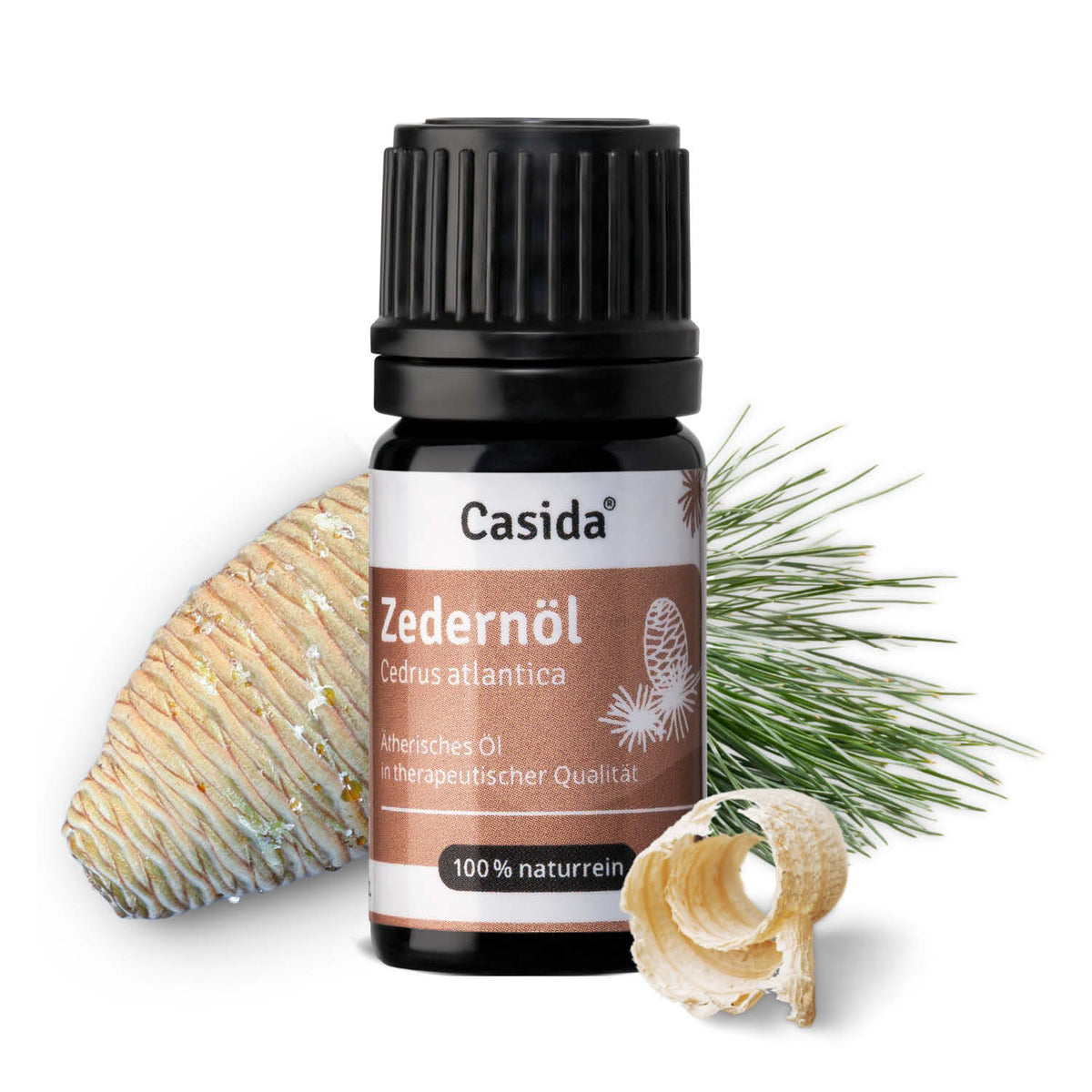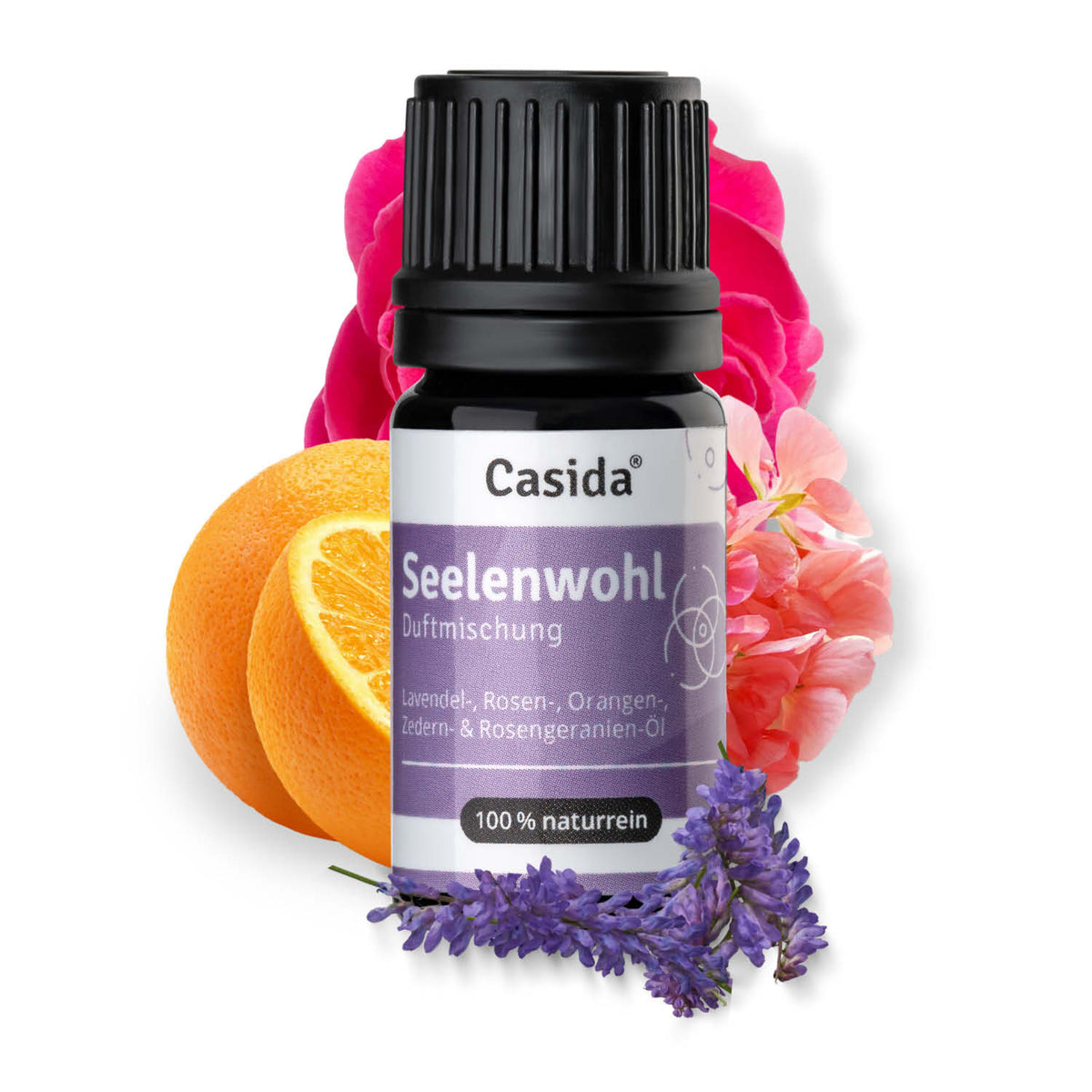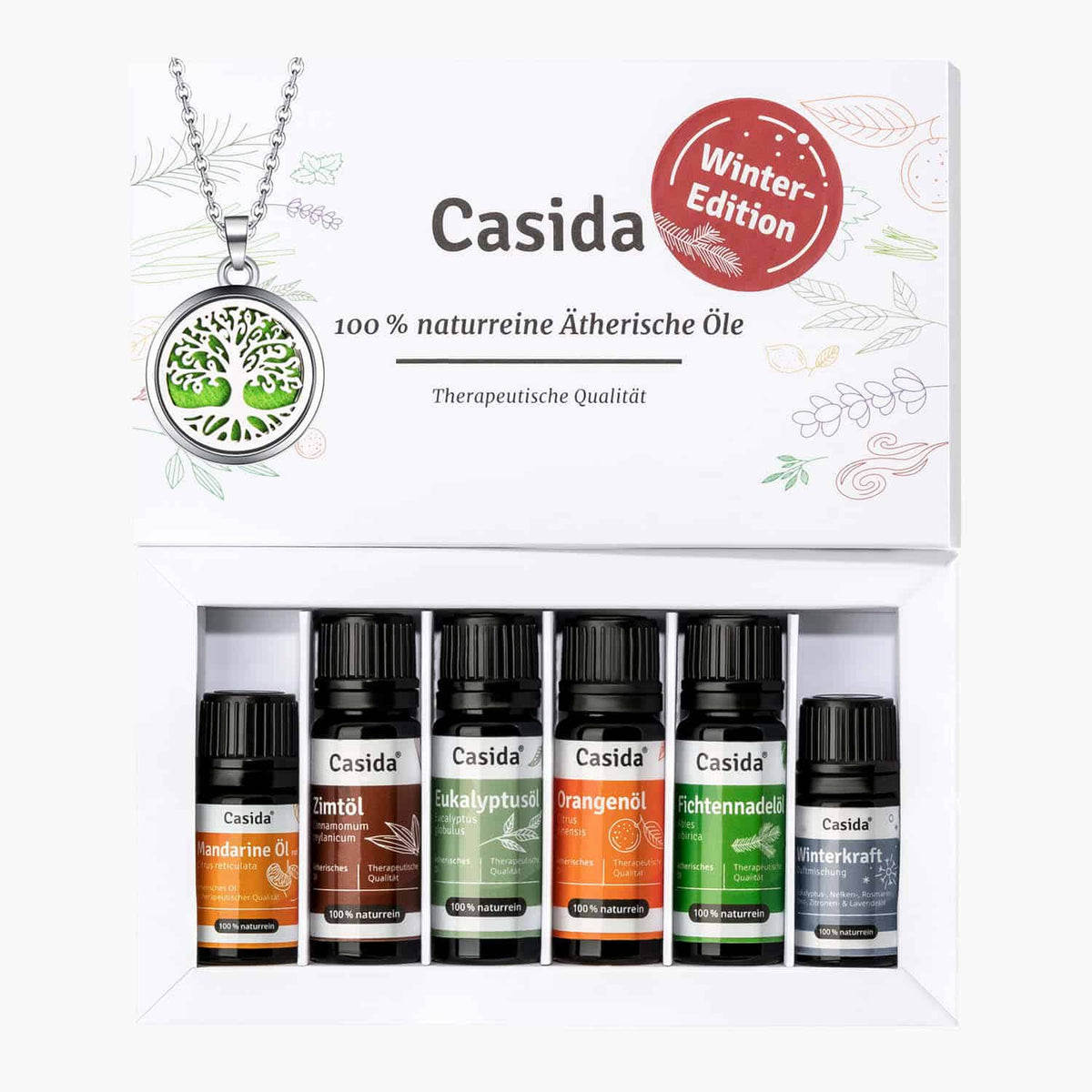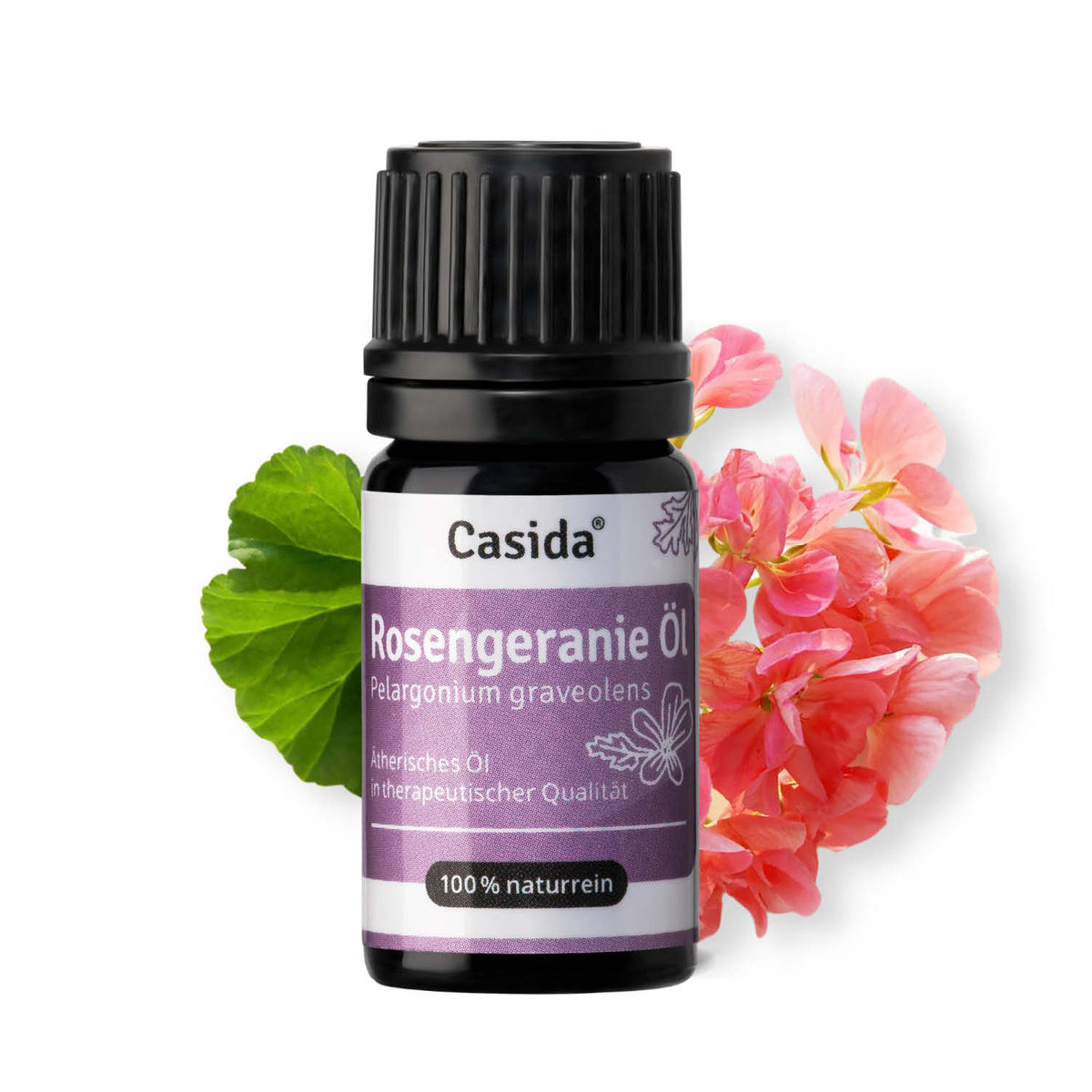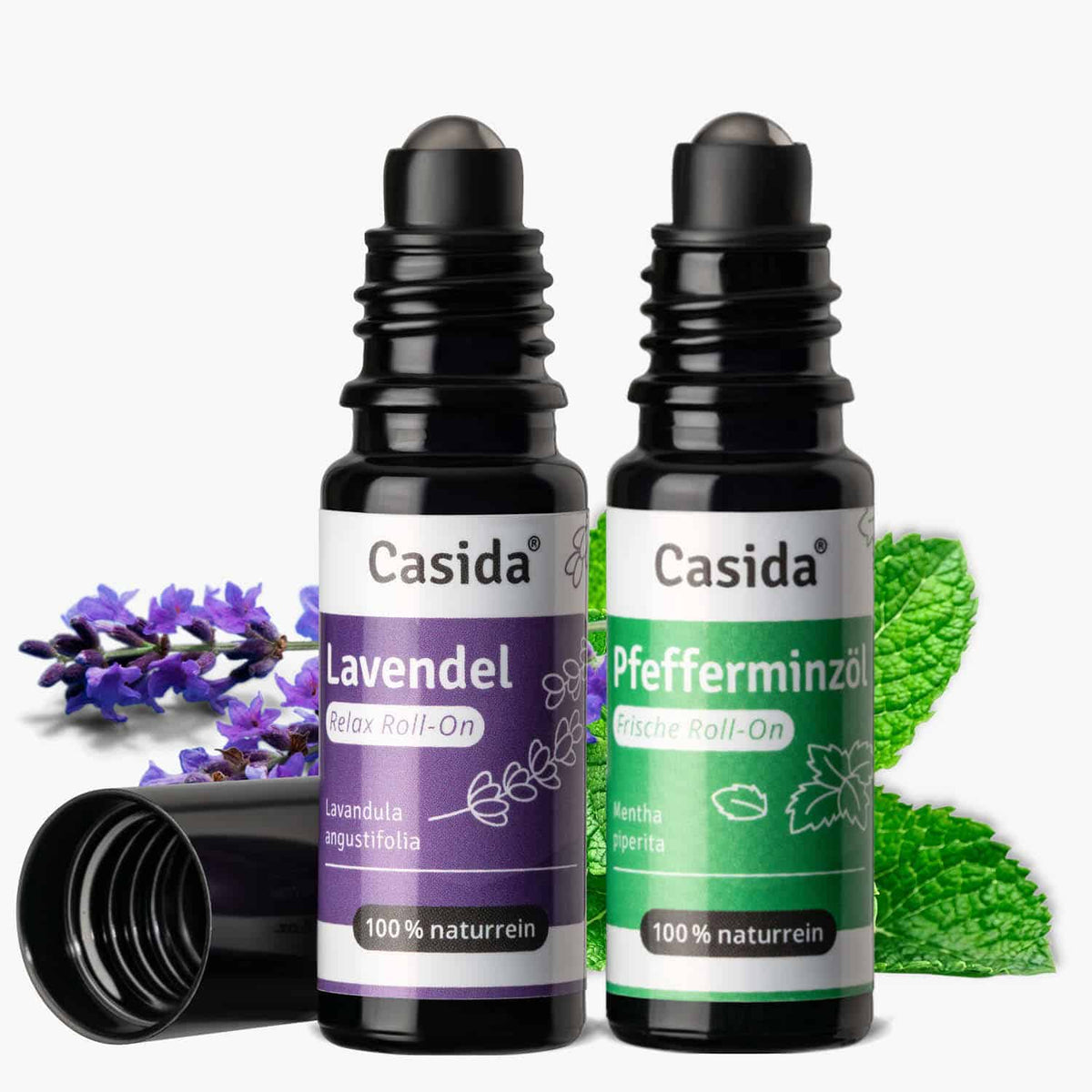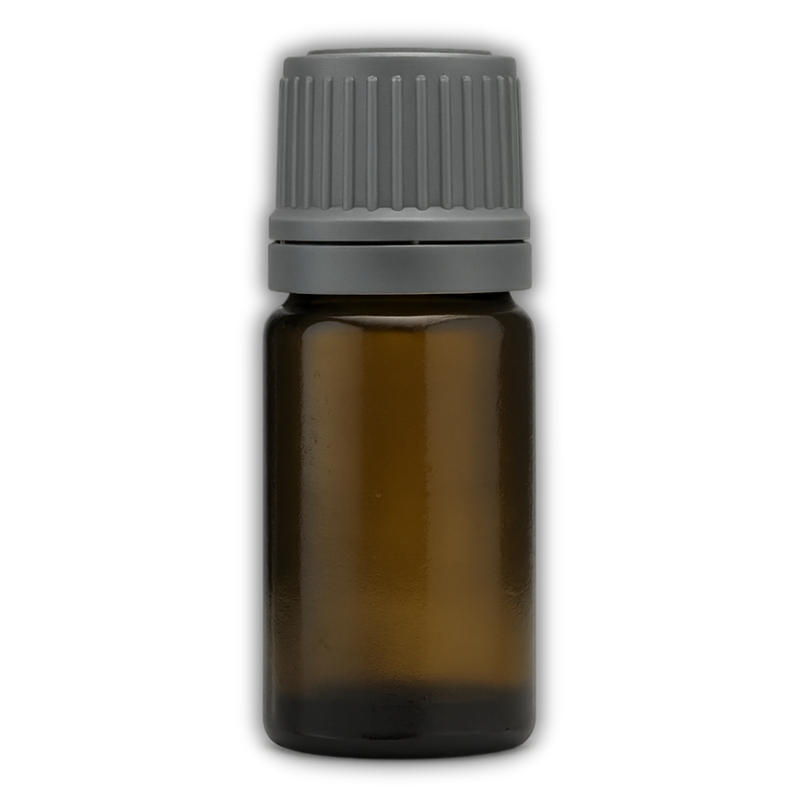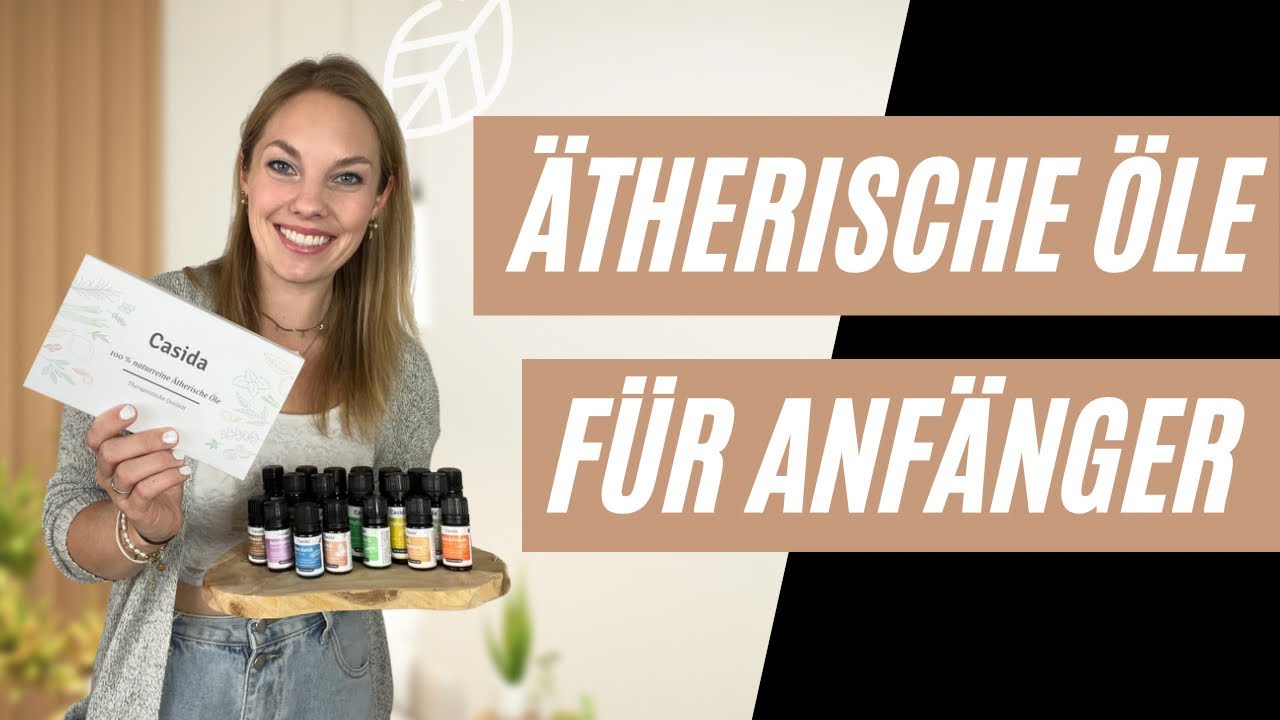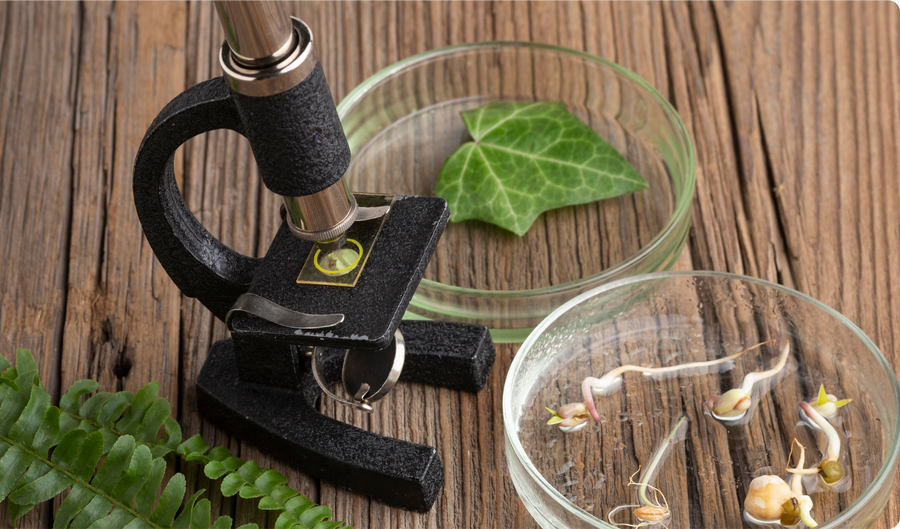Why apply essential oils to the soles of your feet?
The soles of your feet are often mentioned when discussing applying essential oils to the skin – and there are a few simple reasons for this: Firstly, the soles of your feet absorb essential oils particularly well because they lack sebaceous glands and hair follicles. Secondly, our feet have 72,000 nerve endings, far more than any other part of the body. However, stronger essential oils can also be used here, as the skin on the soles of your feet is the least sensitive. Nevertheless, caution: Even if you want to apply essential oils to the soles of your feet, you should not apply them neat to the skin, but mix them with a lotion or a carrier essential oil, e.g. almond oil.
What are the effects of essential oils?
Due to their various effects, essential oils have numerous areas of application:
- Essential oils for sleep: Lavender essential oil, bergamot, lemon balm essential oil, or bergamot mint can support sleep.
- Essential oils for back pain: Ylang-ylang, jasmine, and patchouli promote the release of endorphins and can be extremely effective against all types of pain. The combination of essential oils and a massage is particularly helpful for back pain.
- Essential oils as deodorant: While tea tree essential oil has disinfectant and antimicrobial properties, lavender and sage oils reduce perspiration. Mint essential oil gives the skin a special freshness. Along with coconut essential oil and baking soda, essential oils are therefore important ingredients in solid deodorants and deodorant creams.
- Essential oils for the respiratory tract: Thyme essential oil not only has antibacterial properties but also loosens mucus in the bronchi. Essential oils such as eucalyptus or myrtle essential oil can helps relieve a bothersome cough.
- Essential oils in cosmetics: Essential oils also have cosmetic effects. Lavender and rose are suitable for normal skin, myrtle for oily skin, and tea tree for blemished skin and acne. Dry skin prefers rosemary or rose.
- Essential oils during pregnancy: Some varieties can induce labor. Therefore, special caution is advised during pregnancy. Ginger, cinnamon, cloves, clary sage, verbena, and camphor can promote labor. However, eucalyptus essential oil, rose essential oil, or lavender essential oil are permitted.
Aromatherapy with essential oils – natural support for health
Aromatherapy is a good and effective complement to conventional medicine. This form of therapy can help bring balance to the soul and alleviate physical ailments. HERE you can learn more about aromatherapy >
Worth knowing: Aromatherapy offers a wide range of possible applications. There are no side effects. This form of therapy is also easy to implement.
Accessories for Essential Oils
Essential oils, diffusers, and a wide range of accessories: various bottles in beautiful colors or classic brown glass, as roll-ons, dropper bottles, or spray bottles, as well as beautiful aroma jewelry can be found at www.aromawelt.de – free shipping for purchases over €30.









